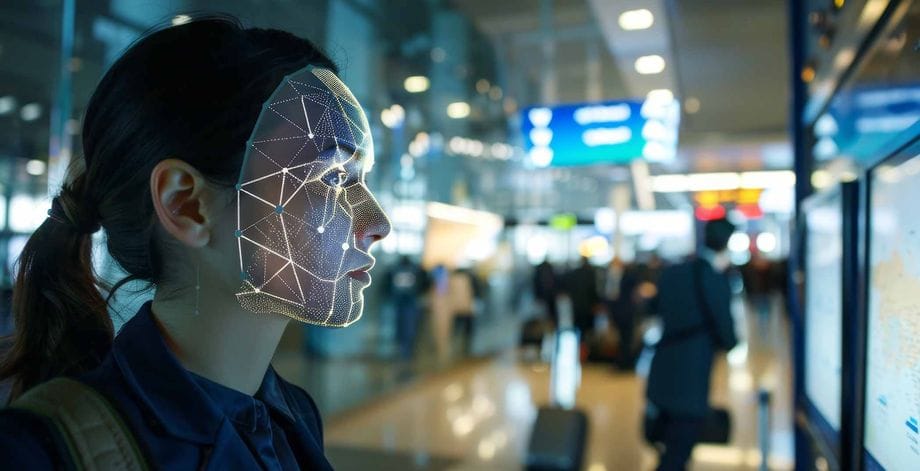14 Senators Unite in Opposition to TSA's Facial Recognition Expansion in Airports
In a bold move to protect the privacy and civil liberties of American travelers, a bipartisan group of 14 senators has voiced strong opposition against the Transportation Security Administration's (TSA) plans to expand facial recognition technology across U.S. airports. The senators' concerns are outlined in a
In a bold move to protect the privacy and civil liberties of American travelers, a bipartisan group of 14 senators has voiced strong opposition against the Transportation Security Administration's (TSA) plans to expand facial recognition technology across U.S. airports. The senators' concerns are outlined in a letter addressed to Senate leaders, urging them to utilize the upcoming reauthorization of the Federal Aviation Administration as an opportunity to limit the use of this technology.
The TSA has been gradually implementing facial recognition systems at security checkpoints in an attempt to enhance security effectiveness, efficiency, and the passenger experience. However, critics argue that this technology poses significant threats to privacy and civil liberties. There are also concerns about the potential for bias in the algorithms and the lack of clarity for passengers regarding their rights to opt out of facial recognition scans.
Senator Jeff Merkley, a vocal critic of the TSA's practices, has been at the forefront of this issue. Merkley and his colleagues are pushing for rigorous congressional oversight to ensure that the privacy and civil liberties of American citizens are not compromised by the government's use of facial recognition technologies.
This letter from the 14 senators comes in the wake of TSA's ambitious plans to expand its use of facial recognition to a staggering 430 U.S. airports over the next few years. The senators argue that such a rapid expansion of facial recognition technology could lead to a significant increase in surveillance of American citizens without proper oversight or safeguards in place.
As the debate over the use of facial recognition in airports continues, it remains to be seen whether the TSA will heed the senators' calls for restraint. The outcome of this issue will undoubtedly have far-reaching implications for privacy, civil liberties, and the future of air travel in the United States.

